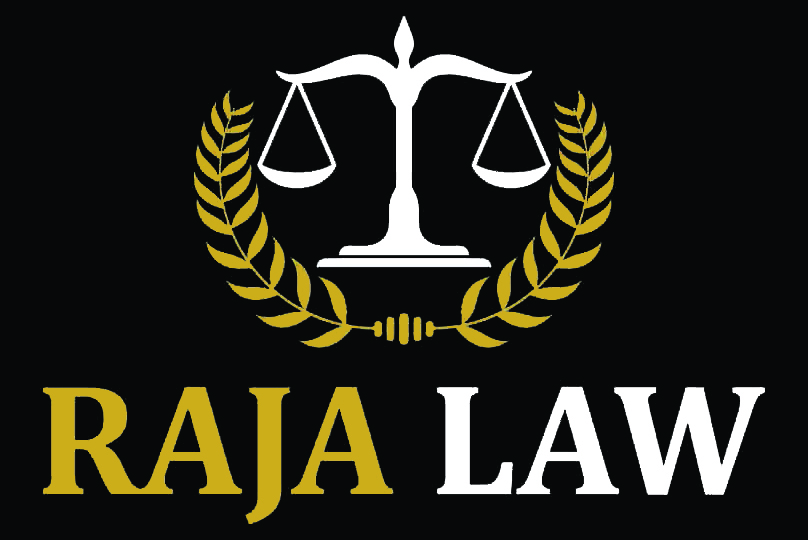
07 May COVID-19 and Co-Parenting, what does the law say?
The Government of Alberta declared a State of an Emergency of March 17, 2020. The court were closed and open only for emergency matters which were defined as:
1) orders where there a risk of violence or immediate harm to one of the parties or a child;
2) orders where there is a risk of removal of a child from the jurisdiction; and
3) Emergency protection order reviews.
Courts have defined emergency matters are those in which serious consequences to persons or harm to property may arise if the hearing does not take proceed.
In Alberta, we now have a leading case on how parties should behave in light of COVID-19. In the case of SAS v LMS, 2020 ABQB 287, the honorable Mr. Justice Robert A. Greasser heard an emergency application on April 22, 2020.
Prior to this case, there was no leading written decision on the subject. Many families continue to be impacted due to COVID-19, wherein; one parent’s access time has been affected by the other parent. In the case of SAS v LMS, the parties were divorced and were co-parenting two children aged 9 and 11. The mother alleged to have the following concerns:
- SAS’s friend/employee “coming over to your house all the time”;
- The children telling her that SAS does not follow the social distancing rules when he is at work;
- The children tell her that when he goes shopping he does not wear gloves and that he does nothing to sanitize the car when he returns to it with purchase; and
- Taking the children horseback riding.
The father of course stated otherwise in his response.
The issue before the court was threefold as stated by the court in paragraph 24 of the case:
- To which one parent should be able to put the children and the other parent to risks the other parent finds unacceptable.
- Is the scope or definition of “cohorts” – family members or close friends becoming a single unit for the purposes of contact.
- How and when to address these issues in the face of existing court orders.
The honorable Mr. Justice Robert A. Greasser in summarizing stated the following at paragraph 44.
- Parents are expected to address COVID-19 issues and concerns with each other before taking any action (including applying for variations or relief from the Court) to resolve these issues and concerns in good faith and to act reasonably in exploring strategies that will first and foremost ensure the health and safety of their children.
- Where face to face access or parenting time presents different risks in the different households, the parties should consider strategies that have the children in the less risky environment but in a manner that maximizes virtual contact between the children and the other parent.
- Court orders are meant to be There should be no unilateral withholding of access or parenting time except in true emergency situations as described above where there is imminent risk to a child’s health or safety;
- Whether under the Divorce Act or the Family Law Act, varying existing court orders requires a change in circumstances and will be determined on the basis of the best interests of the child or children. COVID-19 is not an automatic change in circumstances; the party seeking a variation must establish that their family circumstances have been impacted in a way that warrants a temporary change in the order;
- The burden or onus of proof is on the parent seeking a change in the status quo or the existing court-ordered parenting. It is not satisfied by suspicion or speculation, but as with any matter involving circumstantial evidence, it may be satisfied by logical and reasonable inferences from conduct;
- If an application cannot be made because of the urgency of the situation, an application by the defaulting party must be made as soon as possible after learning of the emergency;
- Applications based on speculation, mistrust, or fear without credible evidence of material non-compliance posing unacceptable risks to the children are unlikely to get permission to proceed as an emergency application, let alone be successful; and
- Respondents must be prepared to unequivocally commit that he or she will meticulously comply with all COVID-19 safety measures; and
- Non-compliant parents can expect no second chances.
After applying the above listed factors, the court denied the father the relief he was seeking. The court was of the view that the father was not complying with the applicable COID-19 rules and requirements. After reaching this conclusion, the court adjourned the matter to allow the parties to work together to reach an acceptable solution.

No Comments